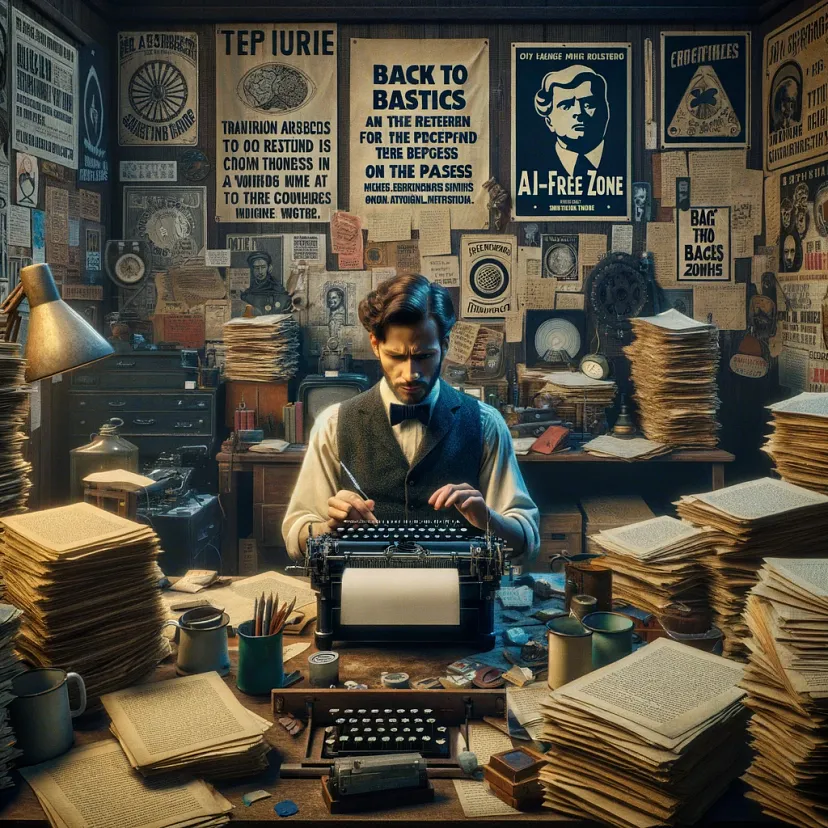AI Detractors
Ryan Frederick | April 1st, 2024 | Dublin,Ohio

I also considered titling this “AI Deniers,” which seemed harsh and combative, but that’s the essence.
As I have been speaking and writing more about AI’s effects on organizations, operations, and professions, I have heard some people disagree that AI will measurably assist their work, replace their jobs, and significantly impact their profession. Who knows, maybe they are correct, and I am wrong. I am open to that possibility. It is worth noting, however, that most people agree that AI will have massive implications for other professions and work, just not the one that specific is in and does.
This professional protectionism is natural. We learn a craft and skills, sometimes after years of education, practice, and work to be proficient and experienced. It is also how we make a living, so there is bound to be circling of wagons to defend against anything jeopardizing our work and compensation. AI is challenging how we work, the efficiency, productivity, and accuracy of the work, and the financial value of work like nothing we’ve seen before.
People sense that AI will dramatically change how most work gets done for information, knowledge, and interaction-centered positions. They are right; it will. It is okay if you are a lawyer as long as it affects accountants or marketers and not you. This is about professional self-preservation, so it makes people protective and defensive. As long as AI disrupts other professions, work, and people, keeping it where it belongs is good.
The reality is that AI will drive too much efficiency, productivity, and value to be ignored. The why of AI is undeniable. The what and how can and should be debated, as there is plenty of opportunity for different ways of leveraging and implementing AI. There won’t be one way of taking advantage of AI. However, to assume that AI won’t replace people doing some work, and in some cases, the majority of work is denying the obvious. It is akin to denying that equipment wouldn’t change farming; the internet and mobile phones wouldn’t change how we communicate, connect, and consume. If AI can evolve to do a substantial part of your work…it will.
I get that this can be personal. How we make a living, and our professional identities are important to us. A lawyer no longer practicing law is only a lawyer in education, not practicality. The same is true for software developers, accountants, and so on. In these cases and more, AI is a professional existential threat. It is an existential threat to many professions we thought were untouchable, making embracing the AI future even harder to swallow.
AI is going to cause significant ripples through professions and the economy at large. The anxiety is natural, given that we don’t know how it is all going to play out, how, and where it will end up. Protecting one’s domain and existence will happen, but it doesn’t change the outcome.
